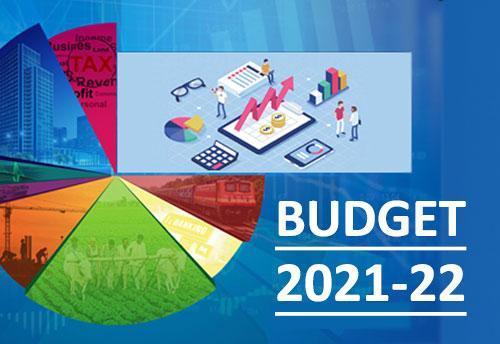Highlights of Union Budget 2021-22
- July 22, 2021
- Posted by: info
- Category: Blog

Introduction:
The Union Finance Minister Ms. Nirmala Sitharaman presented the Union Budget 2021-22, on 1st February, 2021 emphasizing on health and well-being, physical and financial capital and infrastructure, inclusive development for aspirational India, reinvigorating human capital, innovation and Research & Development, and ‘Minimum Government, Maximum Governance’. The Finance Bill 2021 has also been introduced in the Lok Sabha to give effect to the financial proposals of the Central Government for the financial year 2021-2022 as envisaged in the Budget.
Key Highlights of the Union Budget and Finance Bill 2021:
I. Direct Tax Benefits/Implications for all Sectors:
1) Tax Audit: For entities carrying out 95% transactions digitally, the limit for tax audit will be increased from 5 crore to 10 crores.
2) Advance tax liability on Dividend Income: Tax on dividend income will accrue only after the declaration or payment of dividend is made. Dividend paid to Real Estate Infrastructure Trusts or Infrastructure Investment Trusts (REIT/InvIT) will also be exempt from TDS. Deduction of tax on dividend income at lower treaty rate for Foreign Portfolio Investors.
3) Time Limit for Re-opening Cases: The time limit for re-opening assessments will be reduced to 3 years from the earlier limit of 6 years. Cases of serious tax evasion, with evidence of concealment of income of Rs.50 lakh or more in a year, will be re-opened till 10 years, with approval of the Principal Chief Commissioner.
4) Tax benefit for Start-ups: The Central Government has proposed to extend the period for start- ups to claim tax holiday till 31st March, 2022. Further, claims for capital gains exemption for investments made in start-ups can also be made till 31st Match, 2022.
5) Issuance of Zero-Coupon Bonds: The Central Government has proposed to extend tax benefits to zero coupon bonds issued by Infrastructure Debt Fund in order to boost funding of infrastructure projects.
6) Late Deposit of Employee’s Contribution by the Employer
